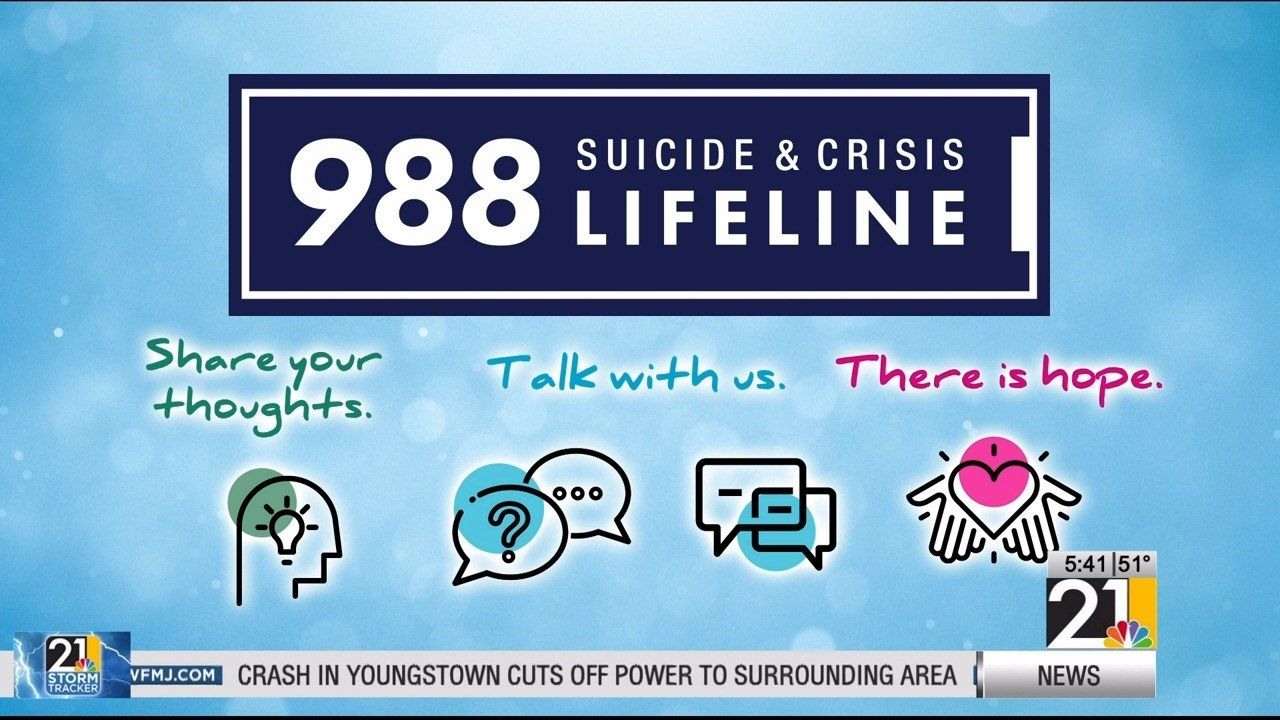Silent Struggles: Irish Vets Speak Out on Mental Health Crisis in the Profession

The veterinary profession is facing a silent crisis. While adored by many for their compassionate care of animals, our local vets are battling a significantly higher risk of mental health challenges and tragically, suicide, compared to the general population. According to the Centers for Disease Control and Prevention, vets are two to four times more likely to die by suicide. This isn't just a statistic; it's a reflection of immense pressures, long hours, emotional burnout, and a culture that has historically discouraged seeking help.
The Weight of Responsibility: More Than Just Cuddles
Many people picture vets as simply cuddling cute animals, but the reality is far more complex and demanding. Irish veterinarians face a constant barrage of difficult decisions – often involving euthanasia, dealing with grieving pet owners, and navigating the financial burdens of animal care. They're frequently the first point of contact for owners experiencing distress, absorbing emotional turmoil alongside medical concerns. The emotional toll is relentless, and the lines between professional duty and personal investment often blur.
A Perfect Storm of Stressors
Beyond the emotional burden, vets contend with a unique set of stressors:
- Long and Irregular Hours: Emergency situations and demanding client schedules frequently lead to extended hours and disrupted routines.
- Financial Pressures: Veterinary practices often operate on tight margins, and vets may face pressure to provide expensive treatments while balancing client affordability.
- Aggression and Abuse: Sadly, some vets experience verbal or even physical aggression from frustrated or distressed pet owners.
- Student Debt: The cost of veterinary education in Ireland is substantial, leaving many graduates with significant debt, adding further financial stress.
- Lack of Support: Historically, a culture of stoicism within the profession has discouraged vets from seeking help, leading to isolation and delayed intervention.
What Local Vets Want You to Know
We spoke to several local vets in Ireland to understand their experiences and what they believe needs to change. The overwhelming message was one of needing increased awareness and destigmatization of mental health issues. “It’s okay to not be okay,” one vet shared. “We need to create a culture where seeking help is seen as a sign of strength, not weakness.”
What Can Be Done?
- Increased Mental Health Support: Veterinary associations and practices need to provide accessible and confidential mental health resources, including counselling and peer support groups.
- Destigmatization Campaigns: Open conversations about mental health are crucial to breaking down the stigma and encouraging vets to seek help.
- Work-Life Balance Initiatives: Practices should prioritize work-life balance for their staff, ensuring reasonable working hours and adequate time off.
- Client Education: Educating pet owners about the emotional toll on vets can foster greater understanding and empathy.
- Support for Veterinary Students: Providing mental health support and mentorship programs for veterinary students can help build resilience and coping skills from the outset.
The mental health of our veterinary professionals is a critical issue that deserves our attention. By raising awareness, providing support, and fostering a culture of openness, we can help ensure that the people who dedicate their lives to caring for our animals also receive the care they need. Let’s break the silence and support our vets – they deserve it.





